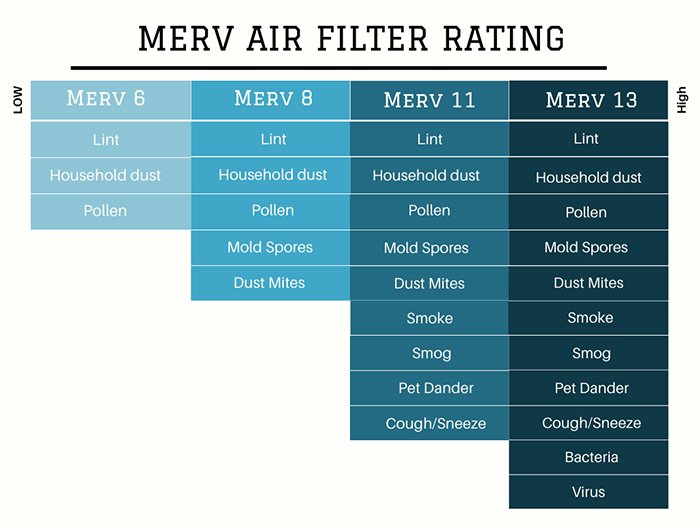Understanding the Power of MERV 13 Air Filters
Indoor air quality has never been more critical. With most individuals spending a considerable amount of time indoors, what's floating in the air can significantly impact our health. Enter the MERV 13 air filter, an exceptional player in the league of air filtration systems.
What is a MERV 13 Air Filter?
MERV stands for "minimum efficiency reporting value", a scale created by the American Society of Heating, Refrigerating, and Air-Conditioning Engineers (ASHRAE) to rate the effectiveness of air filters. MERV ratings range from 1 (least effective) to 16 (most effective), and a MERV 13 filter happens to be on the higher end of the spectrum.
A MERV 13 air filter, hence, provides superior filtration, capturing airborne particles and contaminants more efficiently than its lower-rated counterparts, significantly improving indoor air quality.
Why the Push Towards MERV 13?
MERV 13 filters are capable of catching ultra-fine particles as small as 0.3 microns (for comparison, a human hair is about 50 microns). They can successfully capture dust, pollen, mold spores, bacteria, virus carriers, and more. This high degree of filtration is particularly beneficial for allergy sufferers and those with respiratory conditions.
Besides, recent studies suggest that MERV 13 filters may be helpful in capturing airborne viral particles, like those from the COVID-19 virus, thereby potentially reducing the virus's spread indoors.
How Is MERV 13 Different from HEPA?
High-efficiency particulate air (HEPA) filters are another popular option in the air filtration domain. While a HEPA filter can filter 99.97% of particles 0.3 microns in size, a MERV 13 filter is not far behind and certainly a more cost-effective option.
Unlike the dense composition of HEPA filters which requires a powerful fan, MERV 13 filters, with less dense makeup, allow for better airflow and system efficiency, thus making them an attractive choice for residential HVAC systems.

Points to Consider
Although MERV 13 air filters offer superior filtration, they do require replacing more frequently to maintain system efficiency due to their ability to capture more particles.
Remember, the higher the MERV rating, the more frequently you'll need to check and replace your filter, particularly if you have pets or if anyone in your house has allergies or other respiratory issues.
Installing a quality filter can markedly improve your indoor air quality. Whether you're an allergy sufferer looking for relief or a health-conscious individual aiming to reduce indoor airborne contaminants, a MERV 13 filter can be a great addition to your home.
However, always consider your specific needs and consult with an HVAC professional to ensure the right air filter is applied to your home's heating and cooling system.


